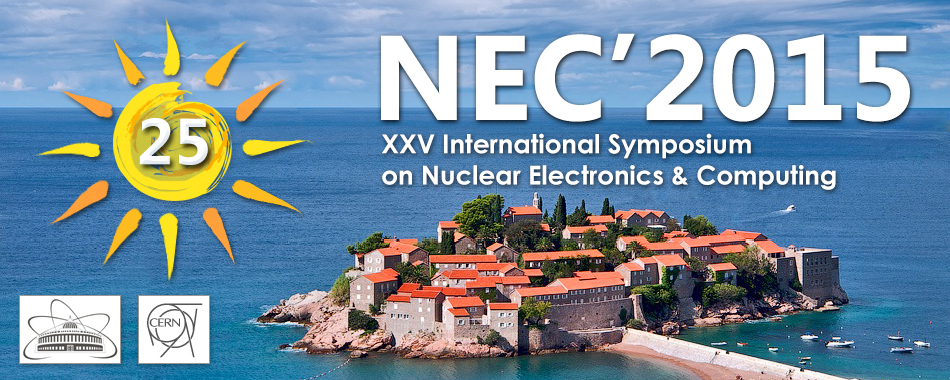Speaker
Ms
Julia Andreeva
(CERN)
Description
Monitoring the WLCG infrastructure requires to gather and to analyze high volume of heterogeneous data (e.g. data transfers, job monitoring, site tests) coming from different services and experiment-specific frameworks to provide a uniform and flexible interface for scientists and sites. The current architecture, where relational database systems are used to store, to process and to serve monitoring data, has limitations in coping with the foreseen extension of the volume (e.g. higher LHC luminosity) and the variety (e.g. new data-transfer protocols and new resource-types, as cloud-computing) of WLCG monitoring events.
The evolution of the WLCG monitoring systems consists of moving to a new architecture and a new technology stack which provide a solution for scalable and close to realtime distributed data processing. The contribution describes the new architecture, the status of migration and lessons learned during technology evaluation and the migration process.
Author
Ms
Julia Andreeva
(CERN)

